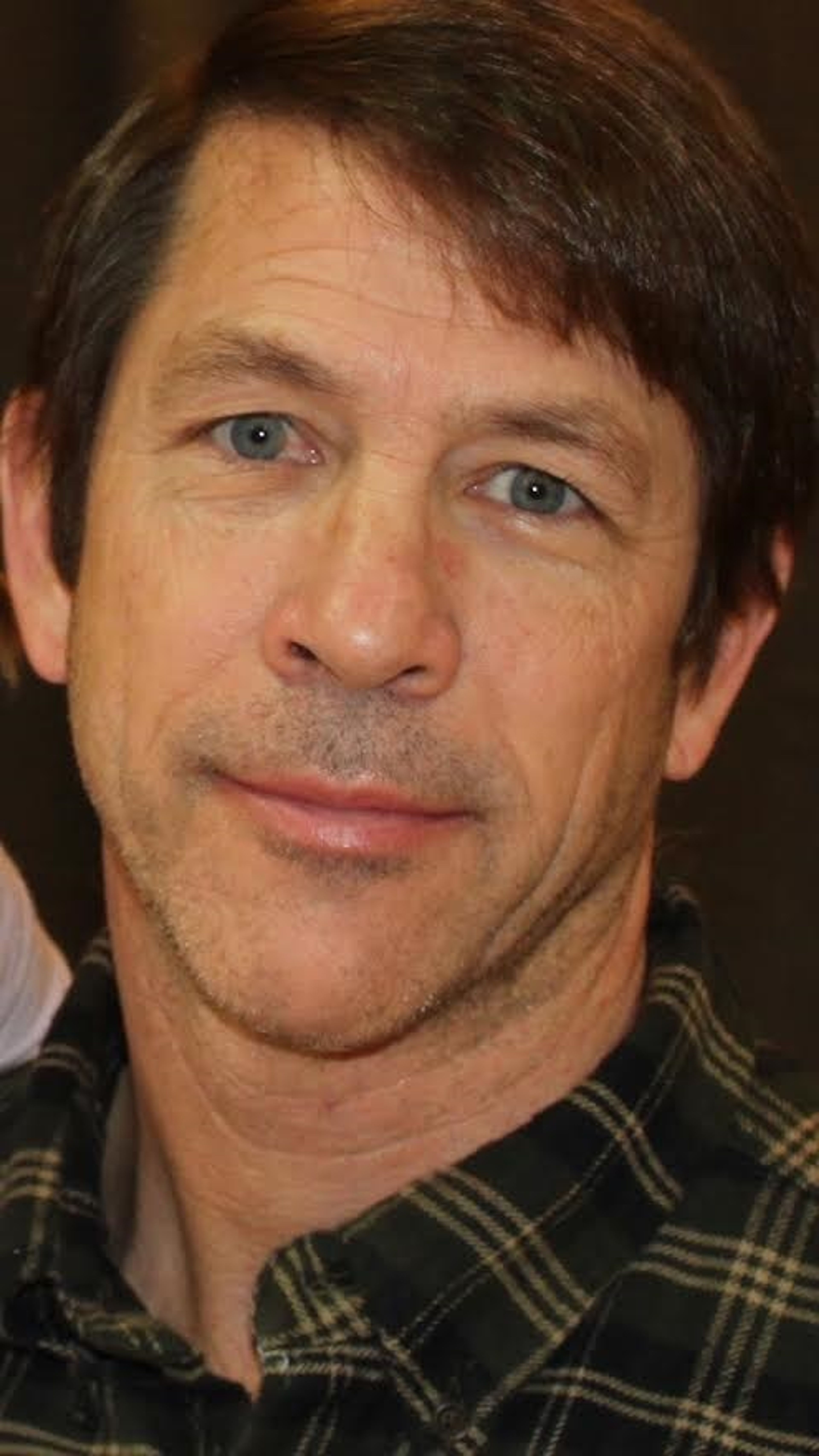OPINION: Erasing DEI helps perpetuate racism, discrimination
Commentary by Becky Tallent
Sign painted on the Atlanta Falcon’s endzone: “End Racism.”
For those who may doubt, racism is alive and well in the U.S. today, just ask any person of color or anyone who is from a different culture. Discrimination also still exists, and not just concerning race or gender; just ask someone who has a handicapping condition or who is from a non-Christian religious group.
Ending racism and/or discrimination is much easier said than done when states like Idaho insist on erasing DEI initiatives in colleges and universities.
Since Idaho has yet to even define what DEI is, it is a remarkable turn of events.
For those who do not know, DEI stands for diversity, equity and inclusion. Clearly defined, it is:
Diversity — those elements which separates humans from one another, including culture, race, gender/gender identity, sexual orientation, religion, socio-economic status, handicapping conditions, educational level, etc.
Equity — being fair and just in society. What Australians call “having a fair go.”
Inclusion — An environment where people from different backgrounds feel valued, involved and respected.
Eliminating all DEI programs means Idaho doesn’t respect people from different backgrounds. The action tells students, faculty and staff who might be from another culture or faith, be a female, or who might have a handicapping condition (physical or socio-economic) that they are not valued, they do not belong here.
That, very easily, leads to more racism and discrimination simply because people don’t understand other groups. To be blunt, it is the politics of fear, fear of the “other” in society. If people fear, they will never accept diverse groups as equal.
There is a tired old argument which says DEI discriminates against white people. What hogwash. DEI does explain the backgrounds and differences of different minorities; taught/worked properly, it does not belittle white people.
How can I say this? I taught diversity for years, and it was amazing how learning about other groups opened the eyes of so many middle- and upper-class white students about people who come from a different socio-economic status, different culture or who had a physical or other disability.
Especially in professions which interact with people (such as journalism, medicine, business, teaching, religion, politics) the why of people’s backgrounds is an important key to understand demographics, and why smaller groups might believe/behave in a certain way.
Here in Moscow, even before classes started on Wednesday, some faculty and students at the University of Idaho were looking to leave thanks to the state eliminating DEI programs. This is going to make future recruitment of both faculty and students to Idaho much more difficult and leave massive holes in educational opportunities for many students.
In their discussions, the State Board of Education repeatedly referred to “DEI ideology.” This is a misnomer. DEI can provide a framework to promote fair treatment of all people, but an ideology is a set of ideas and ideals attributed to a person or group, usually for political or economic purposes. DEI is a framework, not an ideology.
In a recent opinion piece for the Idaho Capital Sun, Francisco Salinas said the only “ideology” he worked with in 20 years at both UI and Boise State University “was the lived understanding that all the ‘-isms’ (racism, Islamophobia, antisemitism, sexism, homophobia, etc. …) are very real for many students, and that we all need strategies and resources to navigate them.”
Removing understanding of these issues, Salinas said, further alienates the most vulnerable students while under-preparing all students for the real world they will encounter when they leave higher education.
It is still not too late. Idaho can remove the politics of fear and reinstate programs which help women, people of color and other underrepresented groups earn their place in Idaho schools while helping majority students better understand the various groups they will be dealing with as professionals.
Until then, Idaho will continue the race to the academic bottom by denying students a global education, replacing it with a very politically limited narrow-minded one.
Tallent was a journalism faculty member at the University of Idaho for 13 years before her retirement in 2019. She is of Cherokee descent and is a member of both the Indigenous Journalists Association and the Society of Professional Journalists. She also writes for FaVS (Faith and Values) News.








